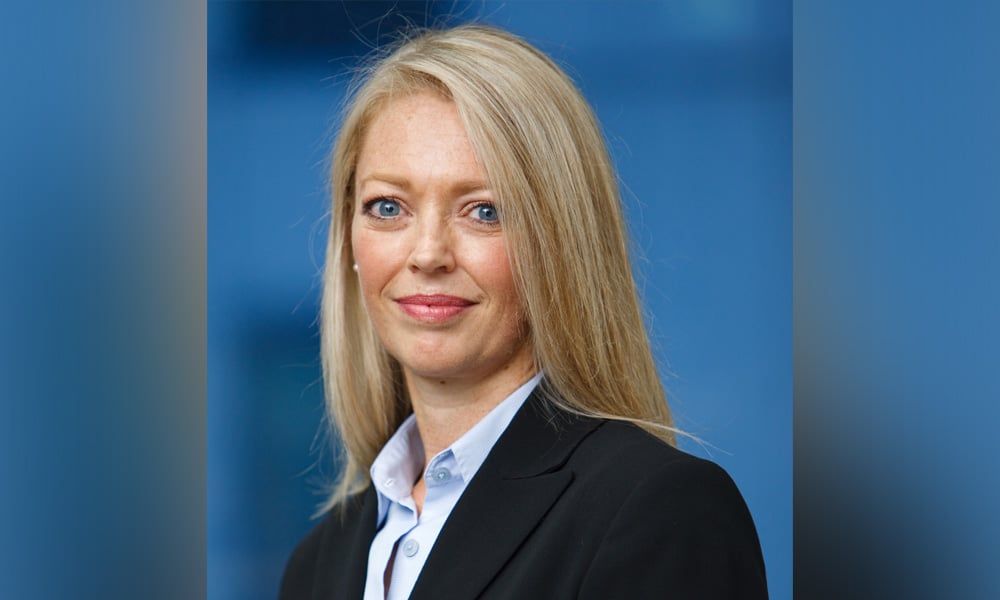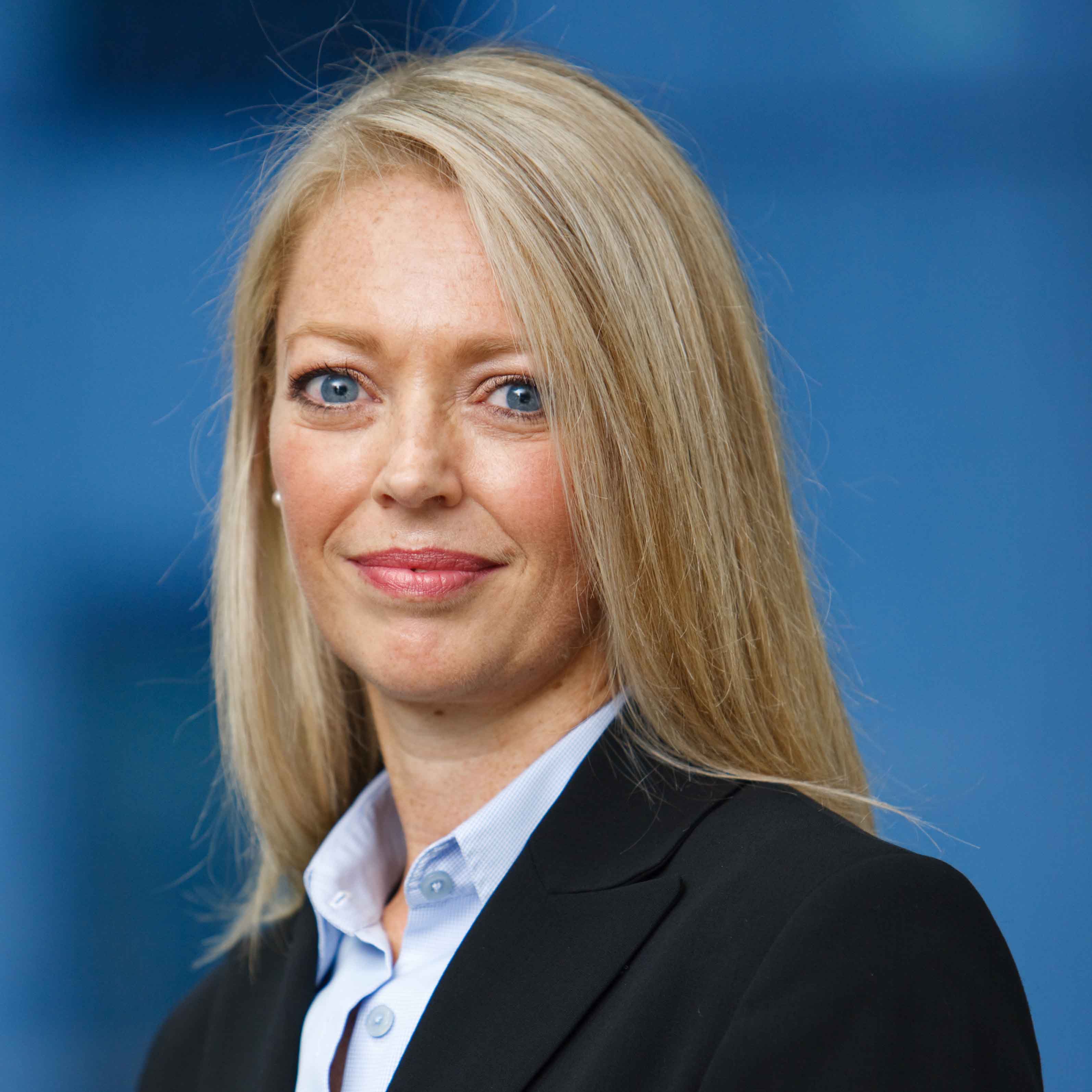
The pandemic has required a truly agile and authentic leadership response to support employees

Not many employers could have foreseen the challenges COVID-19 has presented businesses around the globe including the need to swiftly shift entire workforces to remote based working environments almost overnight.
While many may have had business continuity plans in place, the pandemic has required a truly agile and authentic leadership response to maintain operations and support employees.
Focussing our leaders on our people
Soprano’s leadership team knew it was critical to quickly connect with our people to tell them what we would do to protect their health and the health of the business, while also opening communication channels for feedback.
In a recent internal engagement survey designed to gauge the effectiveness of our handling of the COVID-19 pandemic, all (100%) of our employees stated they felt they know what they need to do to keep safe and healthy, 97% responded as feeling we are staying connected as a team of colleagues, 92% feel that we are adapting well to the changing work conditions, and 88% felt our leadership team is still ‘visible’ despite being fully remote. We feel proud of these results, and have paused to identify what is working well, so far, and what lessons we can take into the future.
For most businesses experiencing a crisis, moving quickly becomes a top priority. Dr. Michael J. Ryan, the Executive Director of WHO couldn’t have said it better when he said: “Perfection is the enemy of the good when it comes to emergency management. Speed trumps perfection…”
Here at Soprano we’re following the philosophy of Dr. Ryan by taking a rolling (not rigid) approach to navigating COVID-19 on the basis of our belief that this crisis will continue unfolding in unexpected ways.
Triage the situation … continuously
When we initially triaged our situation, we could see that we were fortunate that as a global communications tech company, we’ve been selling business continuity planning and crisis management technology for years. With employees located across five continents, we regularly use great remote-working collaboration and communication tools, so no technology training was required.
We were also fortunate that 25% of our people and 40% of our senior leadership team were already working from home on a permanent basis. We had flexible remote-working processes in place and lessons learned that we could apply immediately. We had already made the right investments in protection technology and used a powerful collaboration and communication software tool, globally. These two capabilities only needed scaling up as the crisis grew.
That said, we could see this would be a big change for our employees. We conducted a survey of our people, asking what was happening for them, what was working and what was not, and what more they needed from us. We also asked people about their home working environment, to ensure they felt safe.
We repurposed existing talent optimisation tools to assist managers leading team members working remotely for the first time. We also increased the frequency of our global senior leadership team meetings to ensure we could respond to the rapidly changing requirements in each market.
Establish someone who is locally responsible for communication
We named a primary point of contact for each region, responsible for communication about COVID-19 with people in their area. This enabled us to get local assistance and visibility in each region and ensured communication was translated into local language. It also gave us an early close-up interpretation of local legislation and news. Important, as each regional offices was required by local authorities to adapt and close at different moments. Our regional reps also helped us understand local safety considerations for offices remaining open. They also provided visibility into the productivity and wellbeing considerations of our people who were working remotely for the first time.
Be vocal about wellbeing and mental health
We have made a conscious effort to place an emphasis on mental health and wellness during this time, providing information and training, and learning how each person reacts and responds differently to threats and crisis, moving through change curves at different rates.
We have taken time to discuss and gain an understanding what it’s like, for example, for those people who live in small apartments with children no longer able to go to school, which means that normal work hours and regular meetings can be challenging.
Additional Lessons Learned About Achieving Business Resilience in a Crisis:
Throughout, we’ve chosen to be as transparent and clear in our messaging as possible. We have taken feedback from the organisation to simplify our messaging, ensuring it clearly reflects our decisions as we respond to the rapidly changing circumstances.
Looking ahead – preparing for a return to the office
It’s still too early to know where the dust will settle on COVID-19. According to a recent Gartner HR survey, 41% of employees are likely to continue working remotely some of the time, post-pandemic.
As our Soprano teams slowly make their way back into offices globally, we’re asking ourselves whether we will see a fundamental shift to a greater percentage of our people working remotely. We are also rethinking what this means for our organisational design and future talent programs.
Our lessons learned from the lockdowns during this period and the productivity gains observed from increased remote working, should not be lost, if we’re to not only survive but thrive through the next big challenge.
 Helen Rutherford, Director of People and Culture, Soprano Design
Helen Rutherford, Director of People and Culture, Soprano Design
Helen joined the Soprano Design team in March 2019 to lead our global people and culture function. In this role, Helen is responsible for developing strategies to attract, engage, develop, enrich and retain skilled and high performing talent to ensure Soprano’s sustained competitive advantage.
Helen holds a Bachelor of Commerce and post graduate HR qualifications from the University of Auckland and is a recent graduate of the Australian Institute of Company Directors.
https://www.linkedin.com/in/helen-rutherford-45170a6/